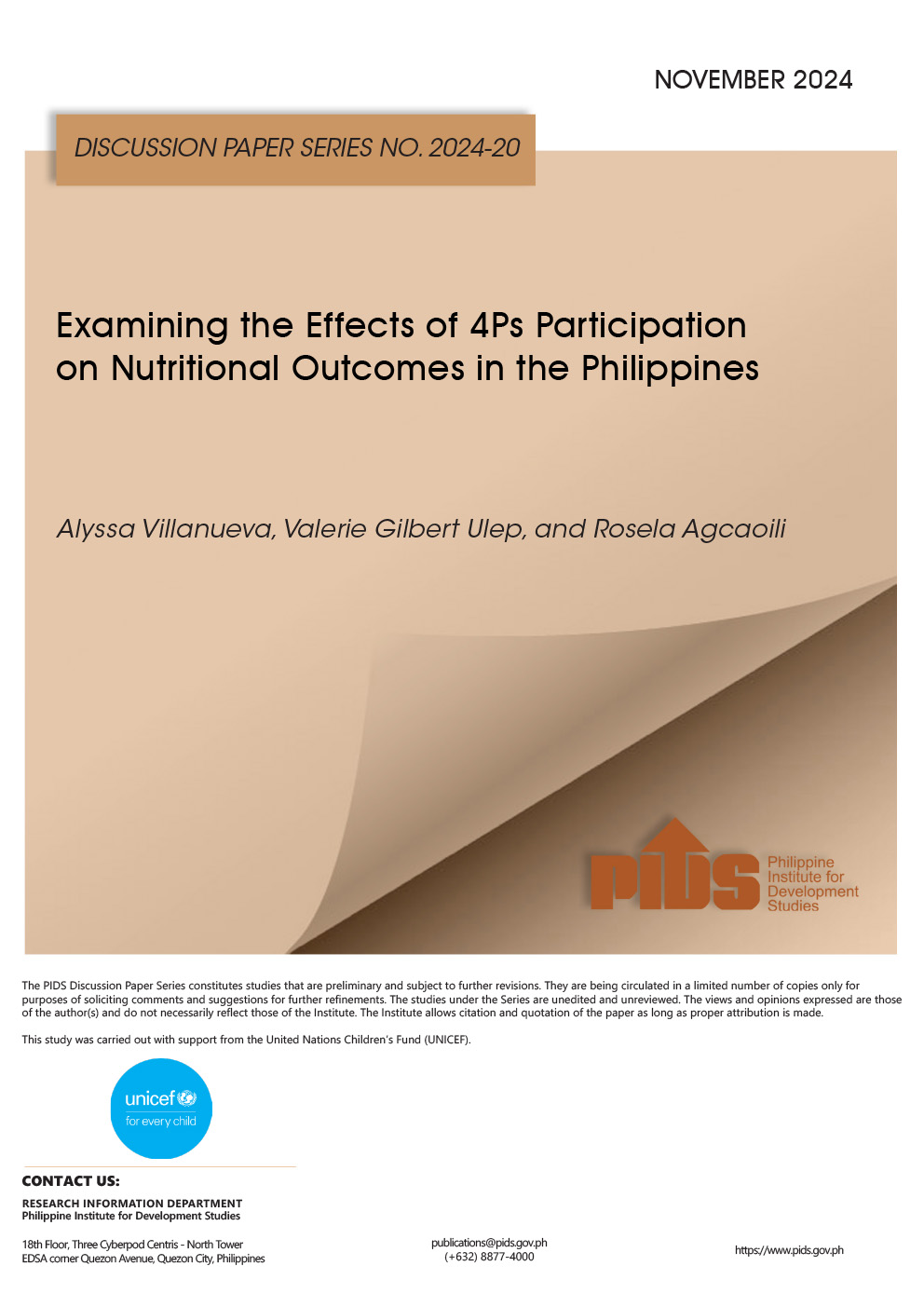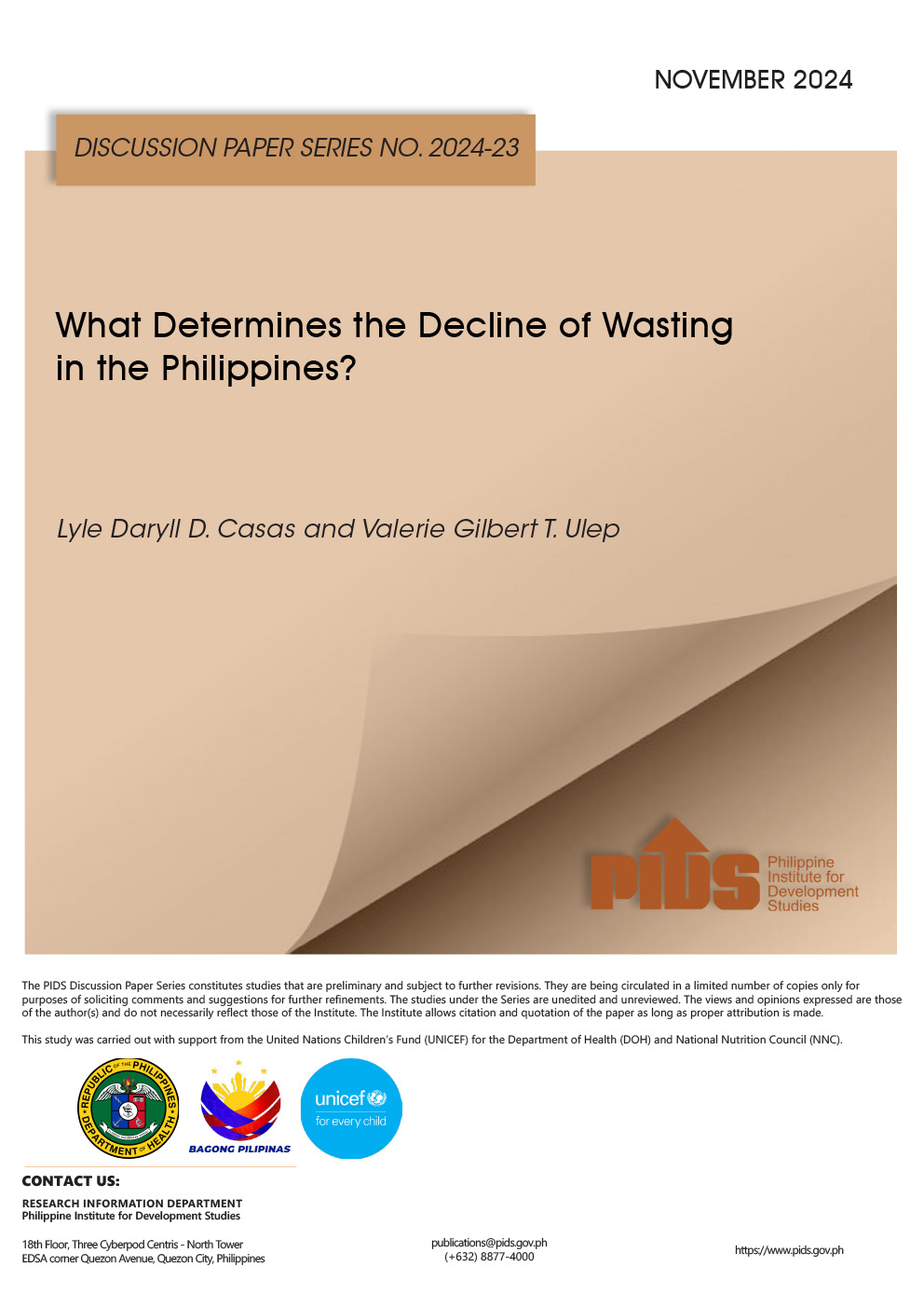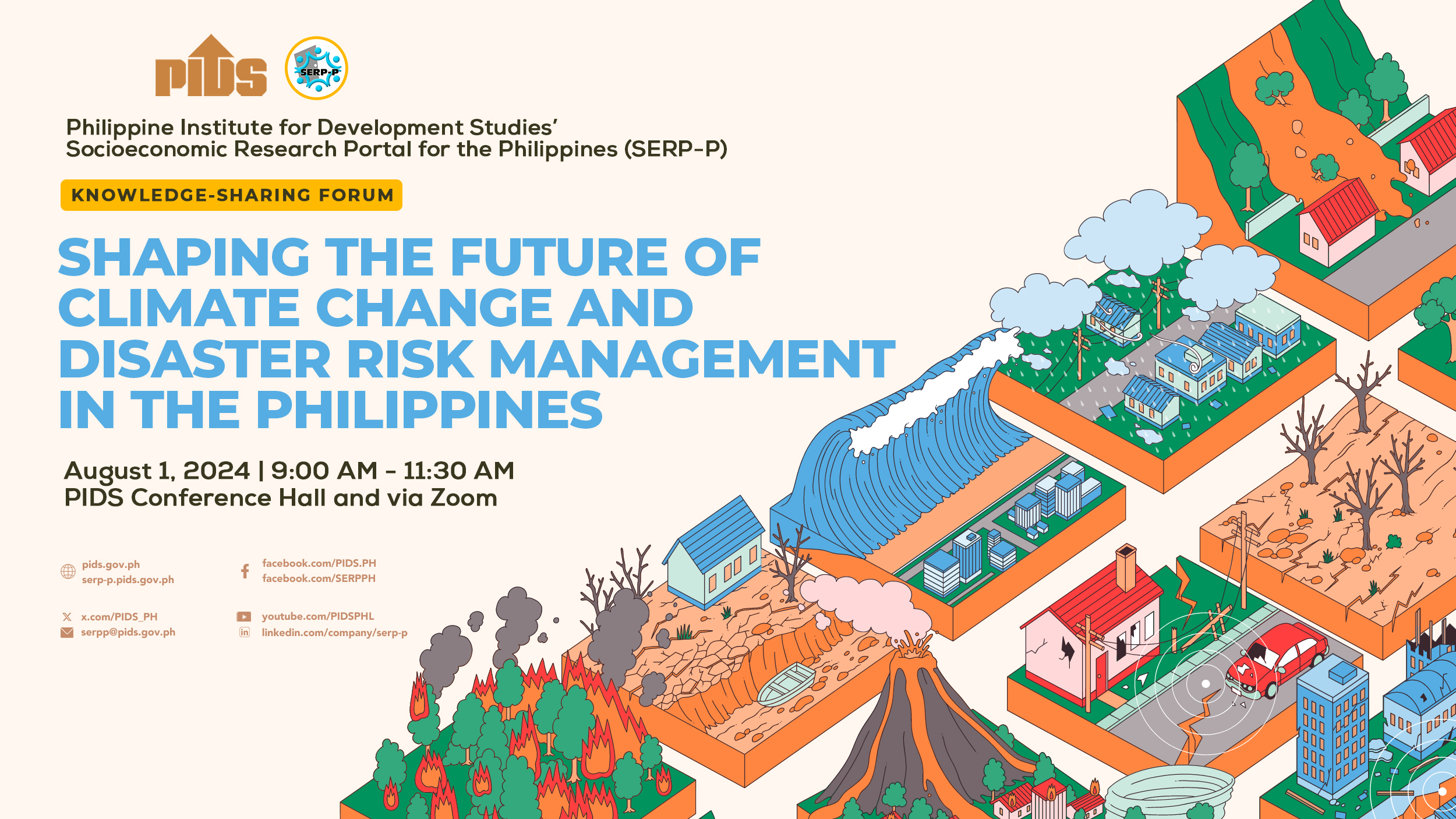CEBU, Philippines - The Philippines should liberalize its rice sector to bring down prices of rice, considered a staple in most Filipino households, an International Monetary Fund official said.
IMF Resident Representative to the Philippines Shanaka Jayanath Peiris said a change in the country's rice policy is needed considering that local rice prices are higher compared to those of its neighbors in Southeast Asia.
Peiris cited that rice prices in the Philippines are "40 percent higher" compared to Vietnam's.
"Rice is the staple of the poor," Peiris said in a recent interview.
The Philippine government has implemented the quantitative restriction (QR) on rice, allowing it to limit the entry of cheap rice imports into the country to protect rice farmers.
The QR, allowed by the World Trade Organization (WTO), is expiring next year.
Currently, rice prices in the country are managed through a buffer stock approach by the National Food Authority.
But Peiris believes the Philippines "should liberalize instead."
By liberalizing, local rice prices would come down with global costs, he said.
State think tank Philippine Institute for Development Studies had previously said that removing the QR would increase rice imports but bring down rice prices at the same time.
Peiris acknowledged that bringing down tariffs on rice imports would significantly affect rice farmers as the entry of cheaper rice imports would lead to lower farmgate prices.
But this is where, the IMF official pointed out, the government should come in by giving a safety net for farmers through the conditional cash transfer.
He added it's important to address the high rice prices which affect every Filipino.
"This may have effect on some farmers but the high prices are also affecting everybody," he noted.
The rise in food prices has been cited as one of major factors causing the country's poverty incidence.
The WTO approved in July 2014 the Philippines' bid to continue imposing high tariff on imported rice at a limited volume until June 2017. The QR's extension involves increasing the volume of rice imports at a reduced, although still high tariff. (FREEMAN)
IMF Resident Representative to the Philippines Shanaka Jayanath Peiris said a change in the country's rice policy is needed considering that local rice prices are higher compared to those of its neighbors in Southeast Asia.
Peiris cited that rice prices in the Philippines are "40 percent higher" compared to Vietnam's.
"Rice is the staple of the poor," Peiris said in a recent interview.
The Philippine government has implemented the quantitative restriction (QR) on rice, allowing it to limit the entry of cheap rice imports into the country to protect rice farmers.
The QR, allowed by the World Trade Organization (WTO), is expiring next year.
Currently, rice prices in the country are managed through a buffer stock approach by the National Food Authority.
But Peiris believes the Philippines "should liberalize instead."
By liberalizing, local rice prices would come down with global costs, he said.
State think tank Philippine Institute for Development Studies had previously said that removing the QR would increase rice imports but bring down rice prices at the same time.
Peiris acknowledged that bringing down tariffs on rice imports would significantly affect rice farmers as the entry of cheaper rice imports would lead to lower farmgate prices.
But this is where, the IMF official pointed out, the government should come in by giving a safety net for farmers through the conditional cash transfer.
He added it's important to address the high rice prices which affect every Filipino.
"This may have effect on some farmers but the high prices are also affecting everybody," he noted.
The rise in food prices has been cited as one of major factors causing the country's poverty incidence.
The WTO approved in July 2014 the Philippines' bid to continue imposing high tariff on imported rice at a limited volume until June 2017. The QR's extension involves increasing the volume of rice imports at a reduced, although still high tariff. (FREEMAN)












